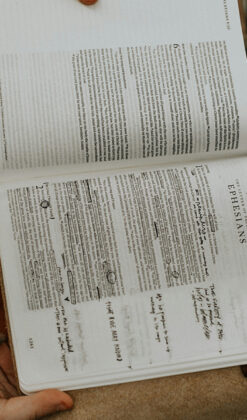Christians who are confused by the homosexuality debate raging in the US are looking for resources that are based solidly on a deep study of what Scripture says about the issue. In People to Be Loved, Preston Sprinkle challenges those on all sides of the debate to consider what the Bible says and how we should approach the topic of homosexuality in light of it.
In a manner that appeals to a scholarly and lay-audience alike, Preston takes on difficult questions such as how should the church treat people struggling with same-sex attraction? Is same-sex attraction a product of biological or societal factors or both? How should the church think about larger cultural issues, such as gay marriage, gay pride, and whether intolerance over LGBT amounts to racism? How (or if) Christians should do business with LGBT persons and supportive companies?
Simply saying that the Bible condemns homosexuality is not accurate, nor is it enough to end the debate. Those holding a traditional view still struggle to reconcile the Bible’s prohibition of same-sex attraction with the message of radical, unconditional grace.
This book meets that need.












